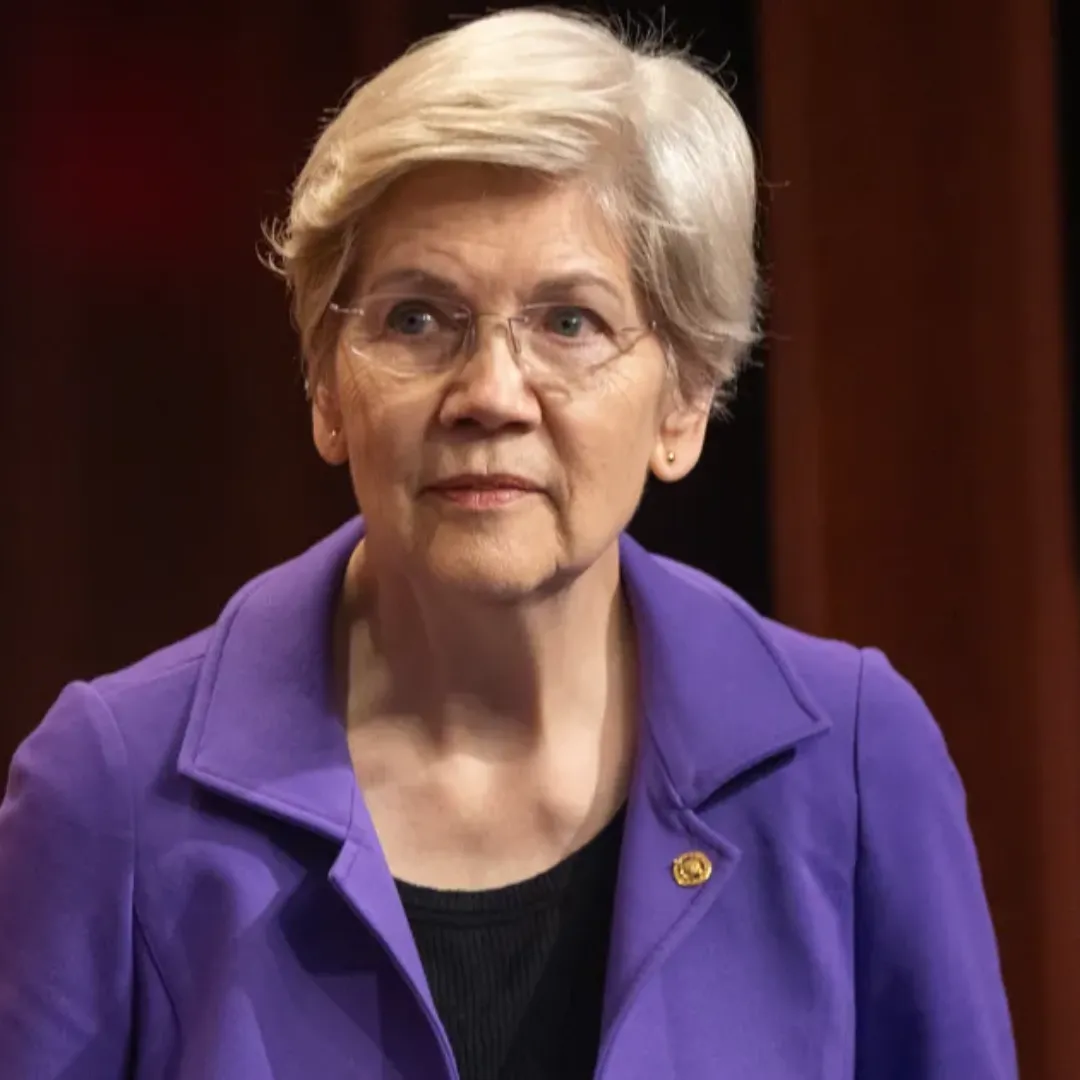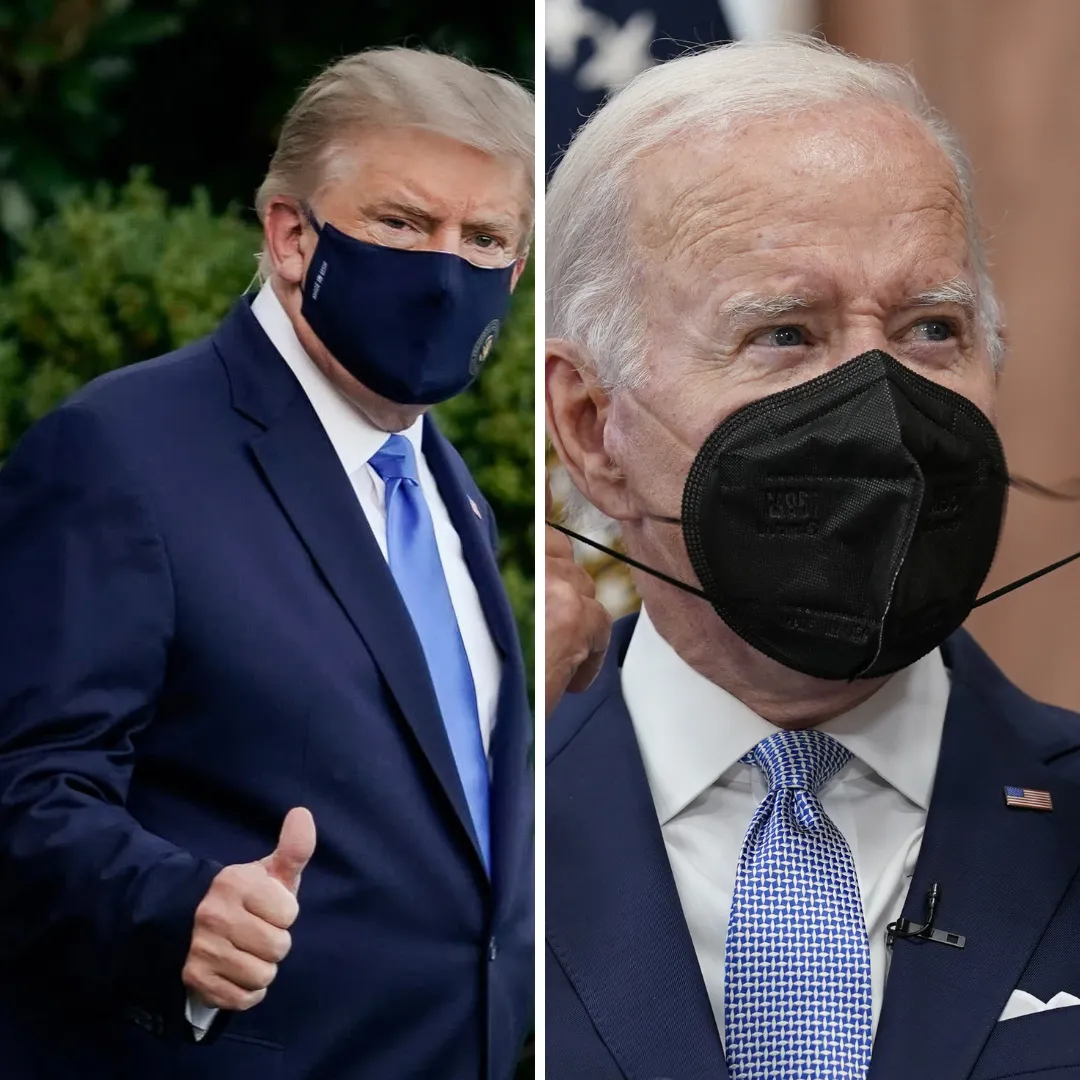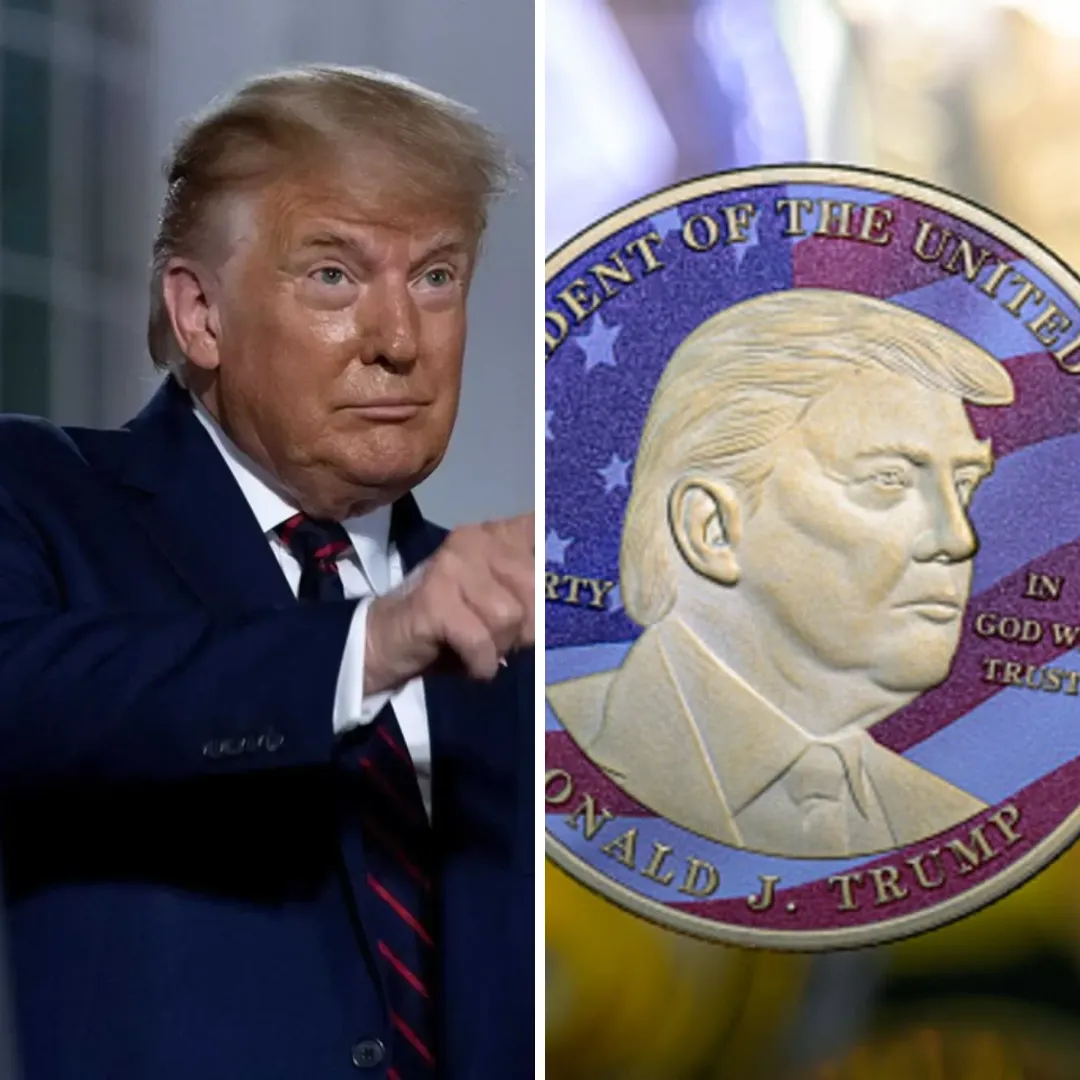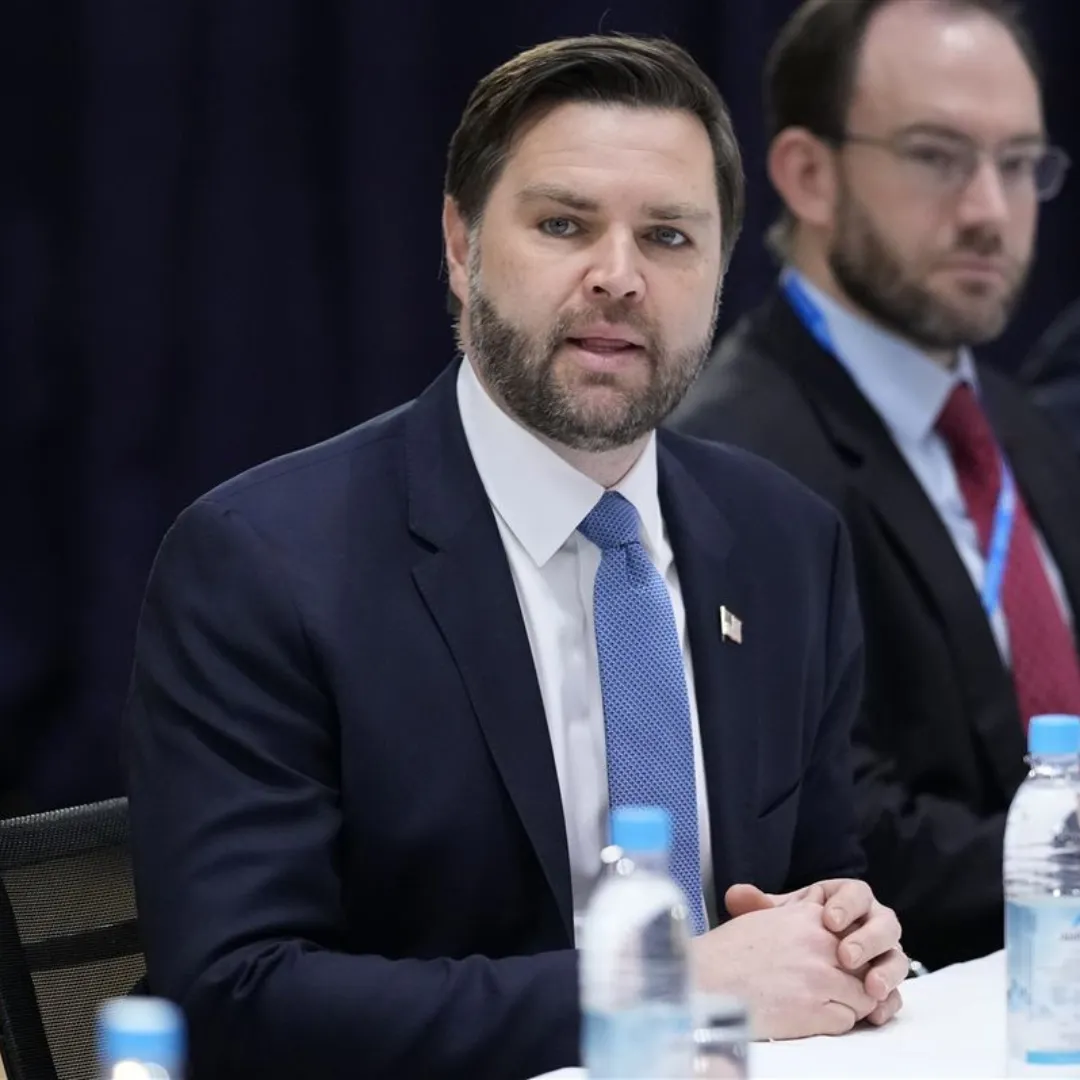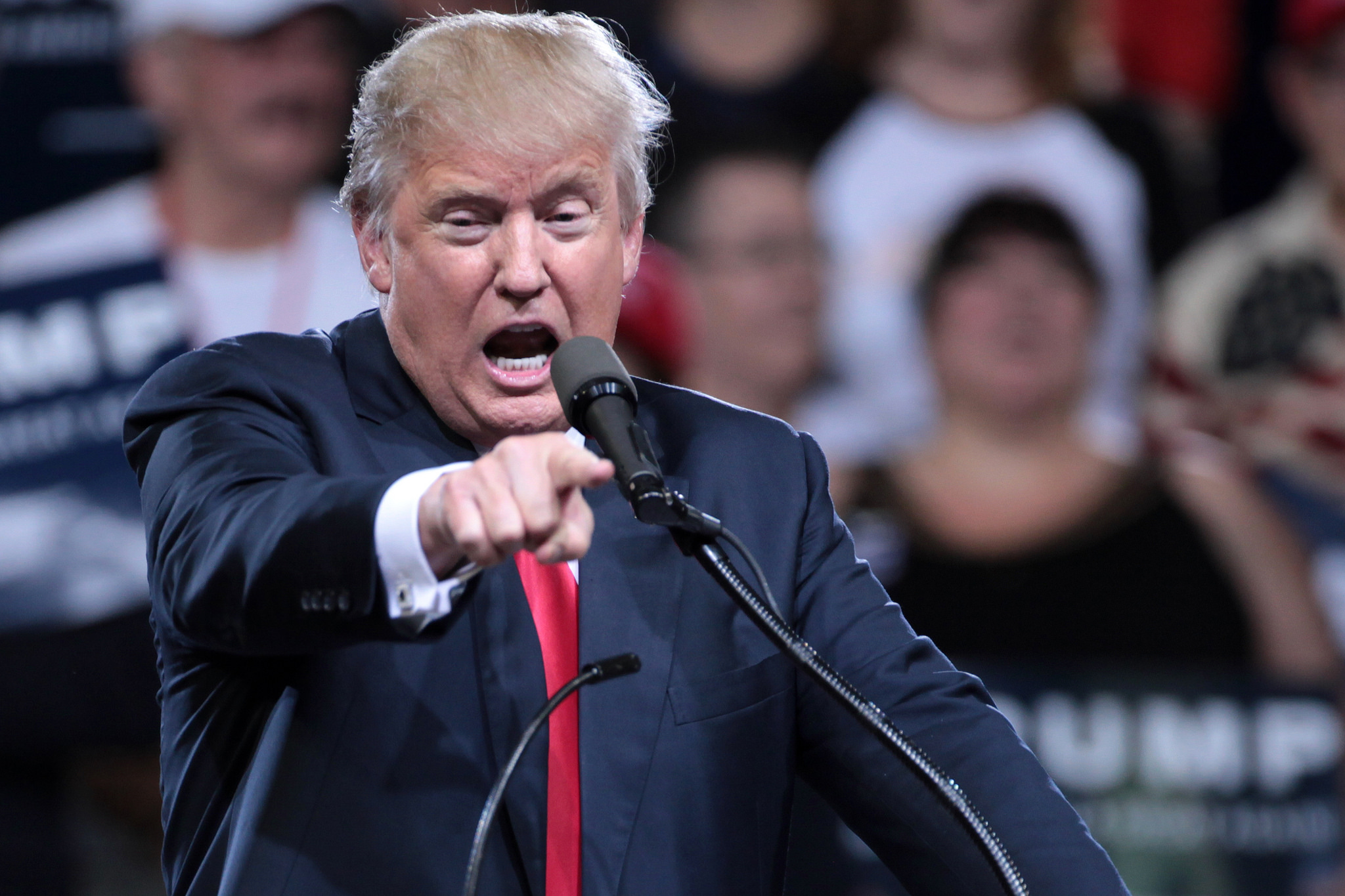
In recent years, former President Donald Trump has been no stranger to controversy, especially when it comes to his approach to law, governance, and the very Constitution he once swore to uphold.
While he campaigned on promises of draining the swamp and making America great again, Trump’s actions during his time in office often contradicted the ideals he claimed to support.
This hypocrisy became especially evident in his attacks on the very institutions and processes that form the backbone of American democracy, such as the judiciary, law enforcement, and the rule of law itself.
One of the most glaring examples of Trump’s hypocrisy lies in his repeated attacks on the judicial system and the rule of law. Throughout his presidency, Trump publicly criticized judges and court rulings that did not align with his political views.
From labeling federal judges as “Obama judges” to expressing frustration with the judicial branch’s independence, Trump constantly attempted to undermine the authority of the courts.
His rhetoric, which often painted the judiciary as an obstacle to his agenda, contrasted sharply with his earlier claims to restore respect for the law.
Even more troubling was Trump’s disregard for the law when it suited his interests. His actions during the investigation into Russian interference in the 2016 election, for example, included efforts to obstruct justice and pressure officials to protect him.
Despite claiming to be a staunch defender of law and order, Trump’s actions frequently suggested that the law should bend to serve his personal and political needs, rather than be applied fairly and impartially.
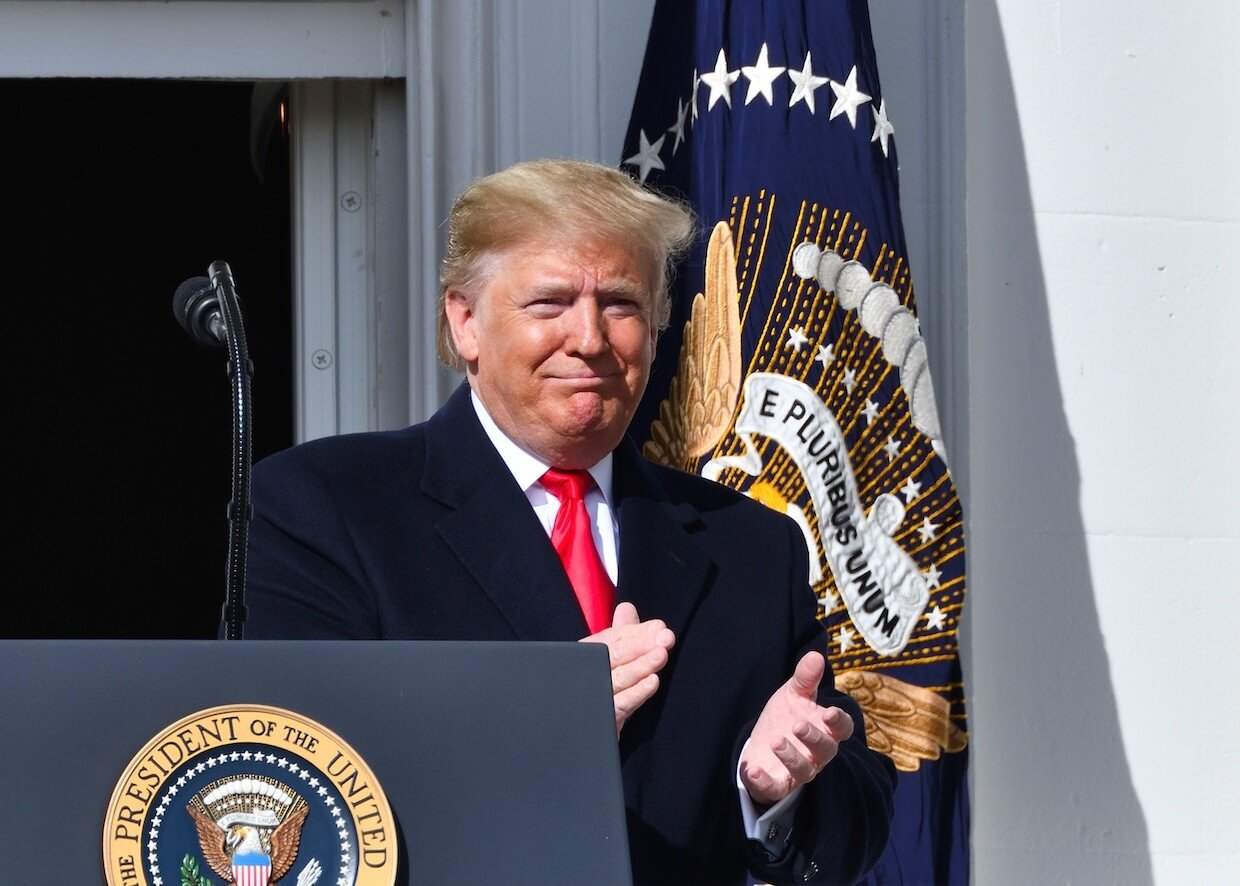
Trump’s relationship with law enforcement agencies, particularly the FBI, also highlights his deep hypocrisy. While he regularly positioned himself as a champion of law enforcement, he simultaneously attacked the very institutions that were tasked with holding him and his administration accountable.
This was particularly evident in his strained relationship with the FBI, especially after the agency’s investigation into Russian interference in the 2016 election. Trump’s repeated public attacks on the FBI, including calling them “the enemy of the people,” directly contradicted his rhetoric about supporting law enforcement.
His calls to “lock up” political opponents, most notably Hillary Clinton, further demonstrated his disregard for the principles of justice and due process. While publicly championing law and order, Trump’s rhetoric often resembled a call for political retribution, turning legal matters into partisan battles.
This duality of supporting law enforcement while simultaneously attacking its credibility and independence paints a portrait of a leader more interested in preserving his power than upholding the principles of justice.
Perhaps the most striking example of Trump’s hypocrisy came in his attitude toward democracy itself. His baseless claims of widespread voter fraud during the 2020 election, despite no evidence to support them, were an attack on the democratic process that he had sworn to protect.
Trump’s refusal to accept the results of the election and his efforts to overturn the will of the voters led to the January 6th Capitol riot, an unprecedented assault on the very foundation of American democracy.
Yet, even after the violent attack on the Capitol, Trump continued to promote the idea that the election was “stolen,” further eroding public trust in democratic institutions.
Despite claiming to be a defender of the people’s will, Trump’s actions clearly demonstrated his preference for autocracy and control. His consistent attempts to undermine the democratic process by casting doubt on the legitimacy of elections and questioning the integrity of American institutions contradicted his earlier promises to uphold the principles of freedom and democracy.

Trump’s hypocrisy in this area is not just a matter of political strategy; it represents a fundamental disregard for the values that the United States was built upon.
In addition to his attacks on the judiciary and the democratic process, Trump’s hypocrisy was also apparent in his approach to governance. His frequent disregard for ethical standards and norms, as well as his embrace of nepotism, illustrated a double standard between his words and actions.
Trump appointed family members to key positions in his administration, including his daughter Ivanka Trump and son-in-law Jared Kushner, despite the obvious conflicts of interest that arose from these appointments.
He claimed to be draining the swamp, but his administration was riddled with conflicts of interest, questionable financial dealings, and a disregard for transparency.
His handling of the COVID-19 pandemic further demonstrated this hypocrisy. Trump downplayed the severity of the virus and rejected expert advice from health professionals, even as the death toll mounted.
While he publicly claimed to be following the science, his actions often contradicted the advice of the very experts he claimed to trust. His failure to provide adequate leadership during the pandemic and his prioritization of political gain over public health highlighted the extent to which Trump was willing to undermine the well-being of the American people for his own benefit.
Trump’s “America First” rhetoric, which he used as the cornerstone of his foreign policy, was another area where his hypocrisy shone through. While he claimed to prioritize American interests, his actions often benefitted foreign leaders, particularly those with whom he had personal ties.
Trump’s close relationship with authoritarian leaders like Vladimir Putin and Kim Jong-un raised questions about his commitment to American values. His decision to withdraw from the Paris Climate Agreement, for example, was a direct affront to global efforts to combat climate change, and it left the U.S. isolated on the world stage.

Trump’s approach to trade also contradicted his “America First” slogan. While he imposed tariffs on China, his trade policies often resulted in harm to American consumers and businesses, as prices for goods increased and global supply chains were disrupted.
The promises of revitalizing American manufacturing through tariffs did not materialize, and the economic impact of his trade wars left many Americans struggling.
Even after leaving office, Trump has continued to display the same hypocrisy. His post-presidency endeavors, including his ongoing efforts to delegitimize the 2020 election and his involvement in the January 6th insurrection, reflect a continued disregard for the democratic norms he once swore to uphold.
Trump’s influence over the Republican Party remains strong, and many of his actions and rhetoric since leaving office have only reinforced the image of a leader who values personal power over the greater good.
In addition to his political and legal battles, Trump’s involvement in the media, particularly with his social media platform Truth Social, further exemplifies his hypocrisy. He continues to promote narratives that serve his interests while ignoring the responsibility that comes with leadership.
His refusal to accept the results of the 2020 election and his continued attacks on political opponents have only fueled further division in the country, undermining the very unity and cooperation that he once claimed to seek.
Trump’s hypocrisy, which has been evident throughout his political career, continues to shape his post-presidency actions. From his disregard for the Constitution and the rule of law to his continued undermining of democratic institutions, Trump’s actions often contradict the ideals he claims to champion.
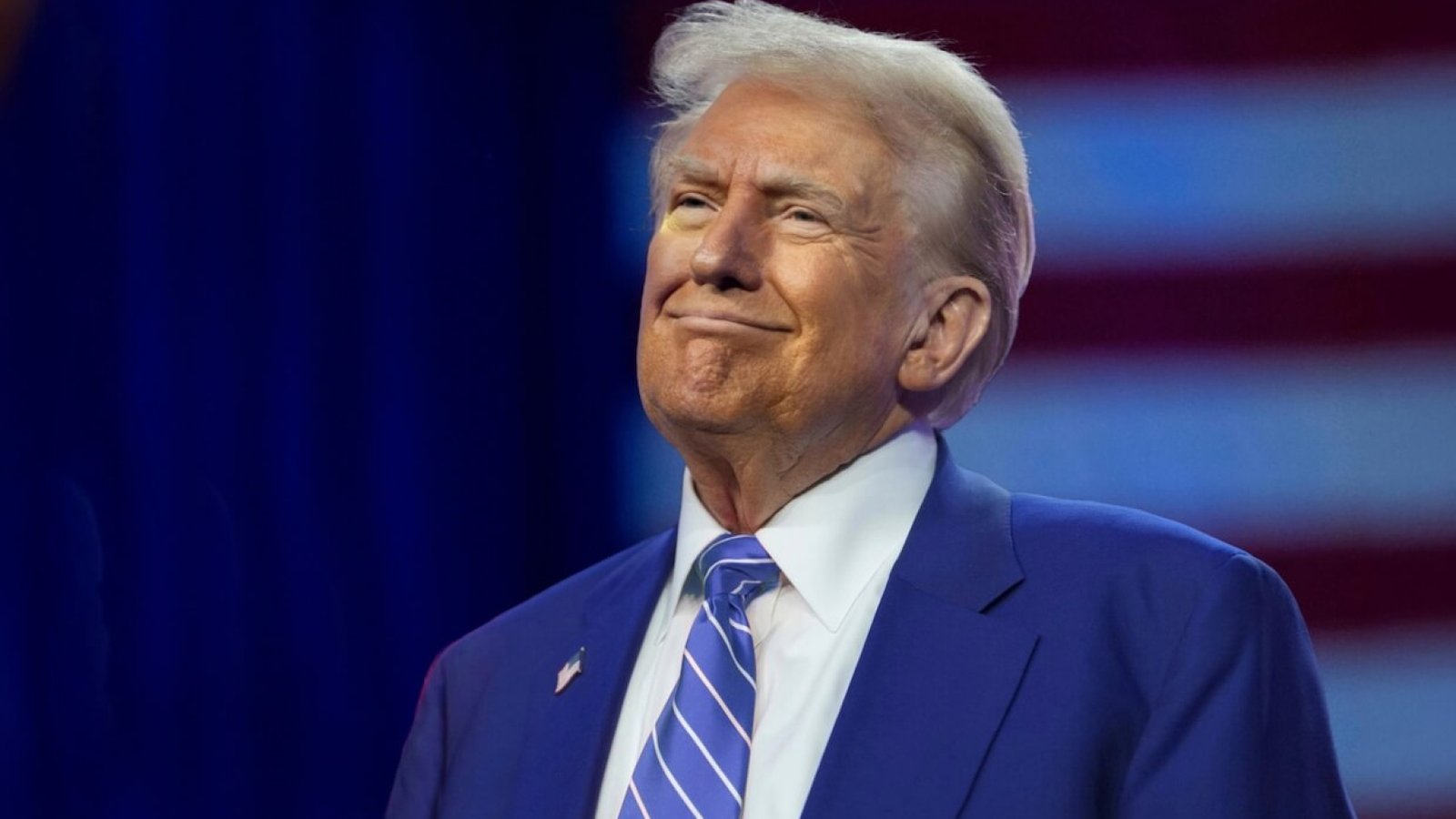
Whether in office or after leaving the White House, Trump’s conduct reveals a fundamental inconsistency between his rhetoric and his actions, one that continues to have profound consequences for the political landscape in the United States.
